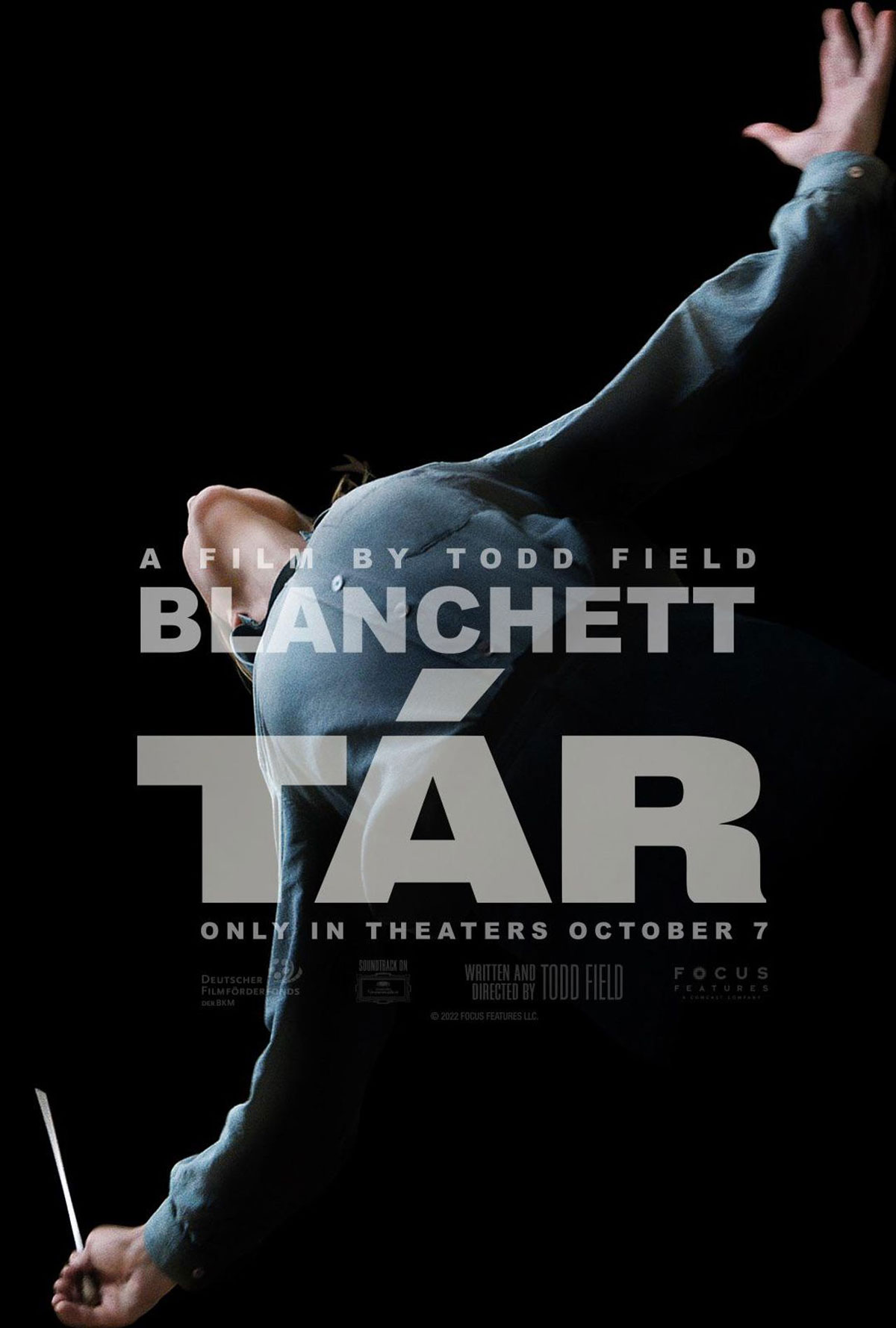
Director: Todd Field
Release Year: 2022
Runtime: 2h 38min
This isn’t the movie I thought it was. All of Tár’s accolades aside, I was actually expecting something weirder. Something a bit more surreal and creepy. It was giving me Black Swan vibes based on the trailers. And, frankly, the guarded way people talked about it. As if it had some Shyamalanian twist ending. The difference, I suppose, is that Black Swan was directed by one of our weirdest directors, Darren Aronofsky, and Tár was directed by the Little Children guy. Certainly a weird movie, but one that is more grounded in reality and modern issues-based drama. Which leads me to believe — despite some conspiracy podcasters and bloggers’ theories out there — that Tár is indeed reality based for the run of the film. Which, frankly, is what disappointed me about it. I wanted a more timeless film about ambition and drive and even abuse. But not necessarily one about cancel culture. Which, thematically, took me by surprise.
Some surprises are good. Some are not. Being surprised that the theme of the film you’ve just watched is actually an exploration of the gray area of cancel culture — and not a psychological spiral into madness driven by pressure and the desire for perfection in art — is a surprise that is ultimately one I didn’t need. Especially given the absolute slow burn of this film. The pacing is… glacial. So much talking. So much walking. So much mulling things over and pregnant pauses. Lots and tons and gobs of Cate Blanchett. Like if you’re a fan of her, there’s no way you could possibly have more of her than in this 2.5-hour slog that is 85% build-up and 15% payoff. Most of which Blanchett can be found manically talking and sitting and standing and barely ever leaving the screen. Me? I like Blanchett. I think she’s a fine actor. I do, however, find her acting very actor-y. There is rarely any warmth to her performances. This one included. The staccato delivery in her kind of bizarre “American” accent where she punches up her rounded Australian Rs almost assaults you with its uncanny-ness. Her statuesque Waspyness. It’s as if she’s a stand-in for a real American human. An android taught to act and emote, but not quite human. It’s disconcerting. Not quite to the level of fellow Aussie, Nicole Kidman, but there’s just some human warmth missing for me that you might find in other premier actresses like a Meryl Streep or even another tall, blonde non-American who often plays American, Charlize Theron. Granted, Blanchett was probably perfect for this particular role, but it’s just really hard for me not to look at her performances — impressive as they may be — and forget for even a second that she’s not an actor acting.
Do you like or care about classical music? Yeah, me neither. And while you certainly don’t need to be a fan of the genre to enjoy this film, I imagine it would certainly help. The same way listening to the jazz racket in Whiplash, and actually liking and appreciating the music, might have made that a more enjoyable situation. Regardless, I do feel that a knowledge at even a passing level would have enhanced this film for me. Instead I kind of spaced out while they endlessly discuss a bunch of dead Germans and “movements.” A word that always makes me giggle. Ultimately, I wanted this film to be something it didn’t intend to be. I wanted some deeper-seated trauma. I wanted more darkness. More horror, I guess. Only because that’s what I thought was in store for this clearly damaged Lydia Tár woman. Which, I suppose, is my fault for making assumptions. I’m not saying the “can we separate the artist from their art” question the films does ask — especially in the age of Kanye West and the multitude of other artists and actors whose work we admired and turned out to be kooks and worse — isn’t a good one, but it felt like a question best left for a film without the slow-burning dread that this film seemed to be heading toward. But ultimately zagged and delivered on something else I was less interested in.


